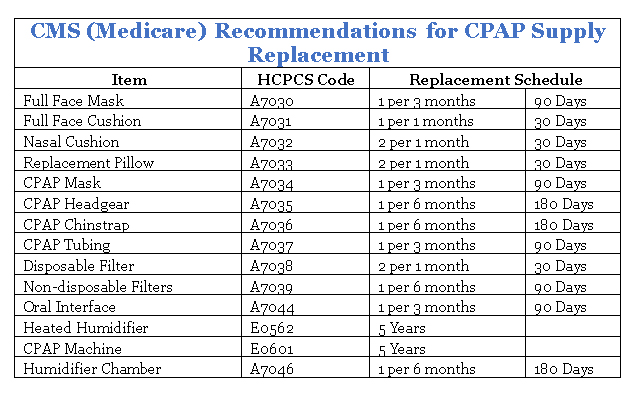Sleep apnea can be a life-threatening disorder. If untreated, you have a higher chance of serious health problems like diabetes, high blood pressure, heart disease and obesity.
High blood pressure
- 1 in 3 people with high blood pressure also has sleep apnea.
- In patients who take multiple medications to control their blood pressure, that number is much higher.
- Treating sleep apnea may help lower your blood pressure and benefit your heart.
Heart disease
- Sleep apnea may place a patient at higher risk for heart disease and stroke.
- CPAP therapy is associated with a lowered risk of heart disease.
Diabetes
- More than 1 in 2 people with type 2 diabetes also suffer from sleep apnea.
- Studies show that sleep apnea may affect the body’s ability to use glucose and insulin.
Obesity
- Treating sleep apnea may help you in your efforts to reach a healthy weight.
- Exercise is important in controlling your weight, but when you’re tired you have less energy to exercise.
- Treating sleep apnea has been shown to improve a person’s overall quality of life and increase energy throughout the day.
- The increased energy from treating sleep apnea may help you exercise, which can lead to weight loss.


